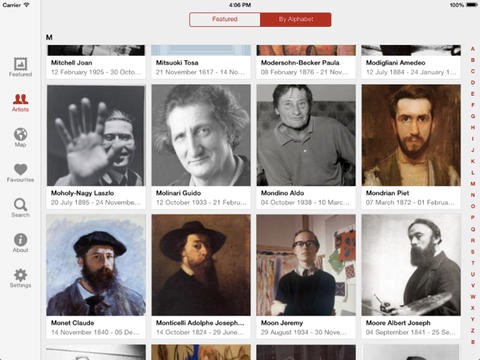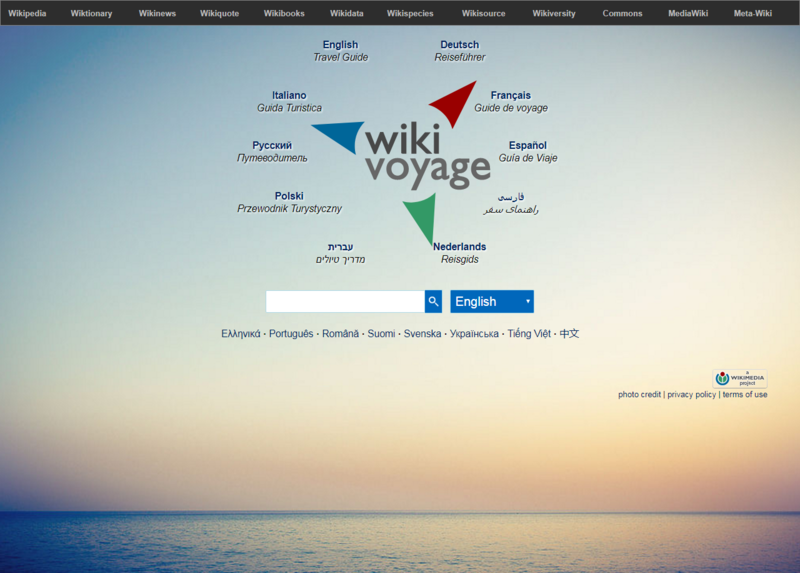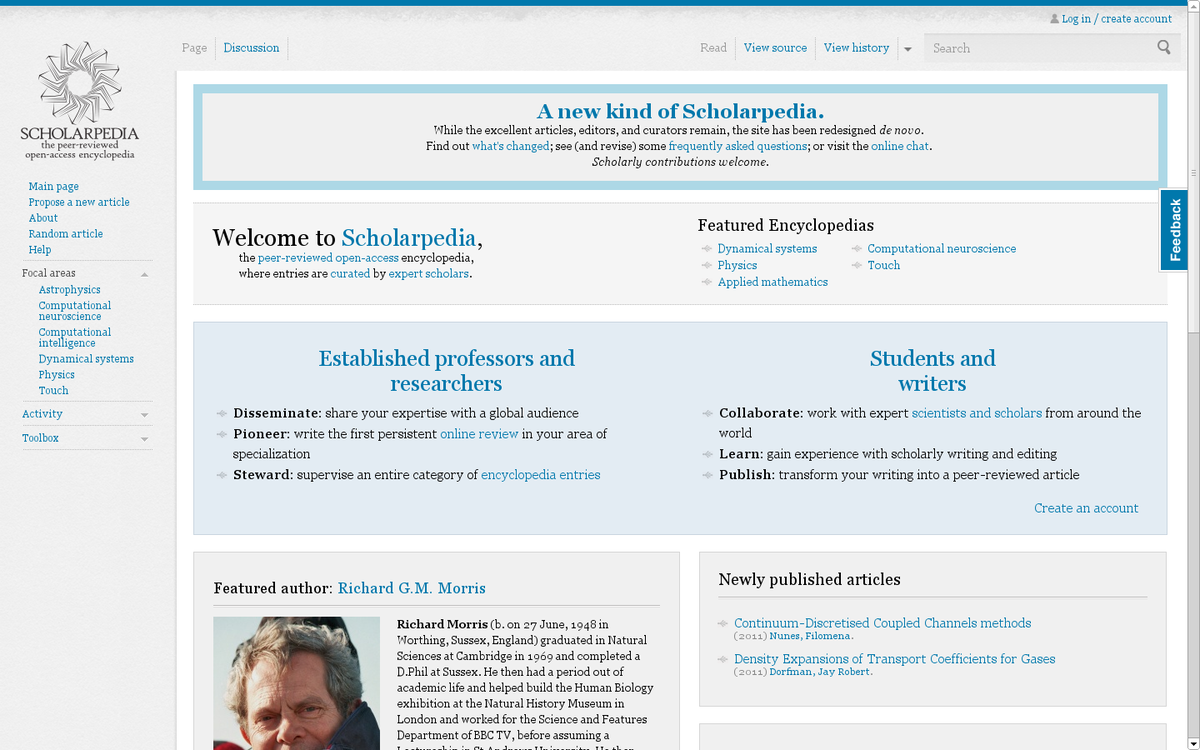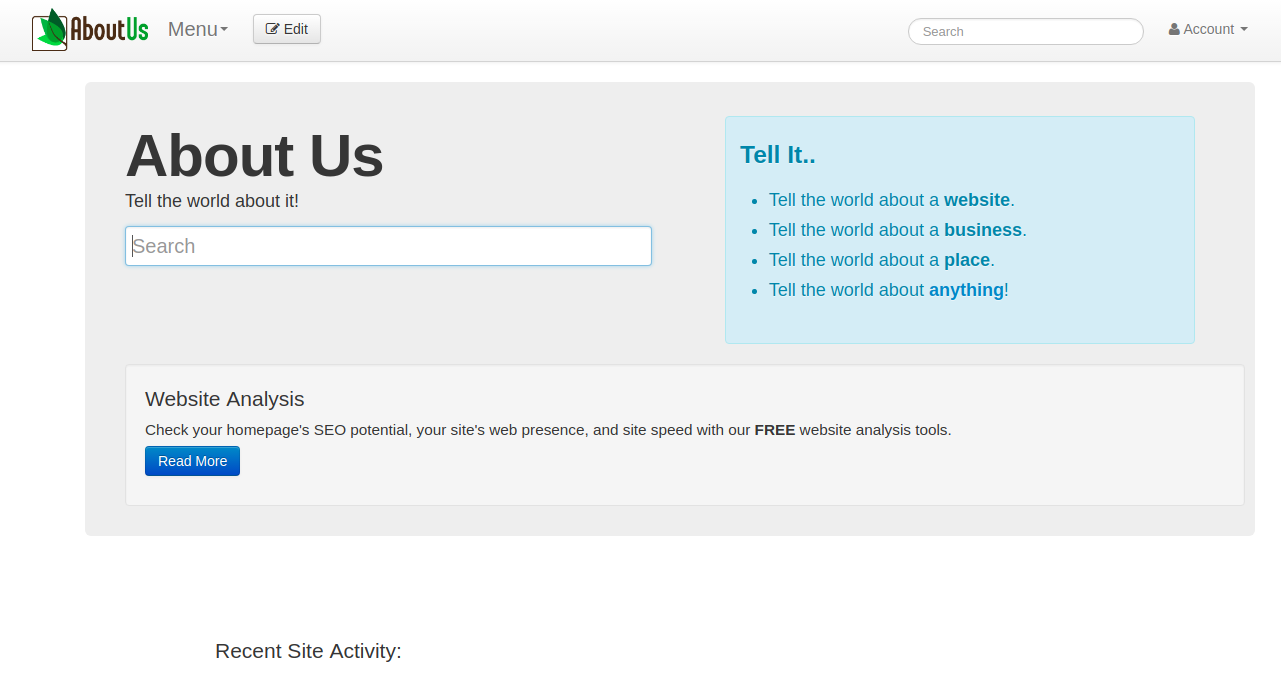10 Lesser-Known But Useful Wiki Sites You Should Start Using
Wikipedia and WikiHow are popular and really useful sites we all have been using every now and then. But these are some lesser-known wiki sites that are useful too.

You may be exploring cool and interesting stuff on various topics of your interest over Wikipedia almost every day. You may even be using wiktionary for looking up meanings of hard words that you come across. And not to mention, there’s Wikihow where you learn how to do anything through easy, illustrated instructions. Apart from these, WikiAnswers lets you answer and seek answers to questions about anything and everything; and the media repository ‘Wikimedia Commons’ lets you access freely licensed images, sound, and other media files.
Oh, but do you know that ‘wiki’ has many other sites that aren’t as popular as Wikipedia, wikiHow, wiktionary, and few others, yet are really useful?
Well if you don’t, then do check out such lesser-known but useful wiki sites right here.
1. WikiArt

Formerly known as WikiPaintings, WikiArt is the online, user-editable encyclopedia for visual art. It aims to make the world’s art accessible to all from anywhere. The site features 150,000 artworks of over 2,500 artists of different nationalities, schools/groups from 28 fields, 156 art movements, 160 styles, and 54 genres. From cave artworks to modern private collections, this site has works of visual art from renowned artists such as Frida Kahlo, Salvador Dali among others. (18.1)
2. WikiSummaries

WikiSummaries is where you can find and contribute summaries of your favorite books. With currently over 15 subcategories, an author can give readers information about their work and a publisher can make their titles more easily findable online. This site comprises summaries of several bestsellers, classic novels, and fiction, including Romeo and Juliet, Twilight, Harry Potter, Othello, The Kite Runner, and many, many more. (18.2)
3. RationalWiki

RationalWiki mainly analyzes and refutes the pseudoscience and anti-science movement. Rather than adopting a neutral point of view or informational tone like that of Wikipedia, this site has a “snarky point of view” (SPOV) policy. The contributors seek explorations of fundamentalism and authoritarianism. Moreover, it analyzes and criticizes how such subjects are handled in media. Creationism, Ufology, Paranormal, Denialism, Global warming, Logic, Conspiracy theories, Alternative medicine among others are the portals covered on this site. (18.3)
4. OpenStreetMap

OpenStreetMap (OSM) is a world map created by a community of mappers like you. It has more than 2 million registered users who collect data about roads, cafes, trails, railway stations through manual surveys, GPS devices, aerial imagery, and other free sources. (18.4)
5. CataWiki

Catawiki is an online auction platform owned by Ilse Kamps that was founded in 2008. It has been curating art, watches, model trains, vintage comic books, jewelry, and classic cars and hosting weekly online auctions since 2011. (18.5)
6. Wikivoyage

Available in 19 active editions, Wikivoyage is a free, online travel guide featuring travel destinations and travel topics. Widely known as the “Wikipedia of travel guides”, it is built by a collaboration of wiki voyagers across the globe. (18.6)
7. Scholarpedia

Scholarpedia is an online encyclopedia having open-access quality academic journals. Subject to peer-review, the articles on this site are authored by invited experts. Computational intelligence, Physics, Dynamical systems, Astrophysics, Celestial machines, and more are the focal areas covered on the site. (18.7)
8. Foodista

Foodista is a wiki encyclopedia of culinary information. It is a free online source where food enthusiasts can become users and collaborate to provide amazing food recipes, food news, and cooking tools and techniques. (18.8)
9. Wikicars

Wikicars provides you free information about cars and all things automotive. You can search for a car by make or get handy car buying tips. Also, you can know about the famous car designers, in-depth reviews on the latest models and featured cars. (18.9)
10. AboutUs

AboutUs lets the users add entries or add information about people, websites, businesses, or anything regardless of the notability or commercial interest. Also, it does not restrict self-promotional information. (18.10)
Popular Posts
20 Most Powerful Goddess Names In Mythological World
From Gaia to Kali; every goddess in mythologies have a prominent role to create or restore the balance in nature and the universe.
Kimberly Campbell
21 Gods & Goddesses of Destruction, Death & Underworld
This list showcases the Gods of death, the Underworld, and destruction: from the Egyptian God of Death- Anubis, who was recognized as a man with a jackal head, to the Hindu God of Death- “Yama,” who took the records of each person’s death. But Thanatos was the personified spirit of non-violent death.
Rupesh Chhabra
14 of the Renowned Gods and Goddess of Healing & Medicine
No wonder, the God of healing and magical tradition allied to it, never failed to surprise people especially in ancient times. Let’s discover some of God and Goddess of healing and their amazing contribution.
Rupesh Chhabra








